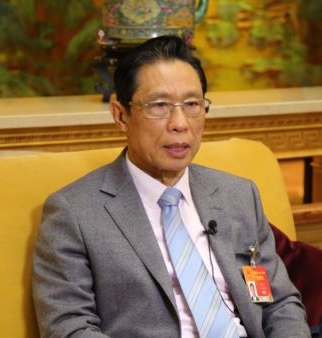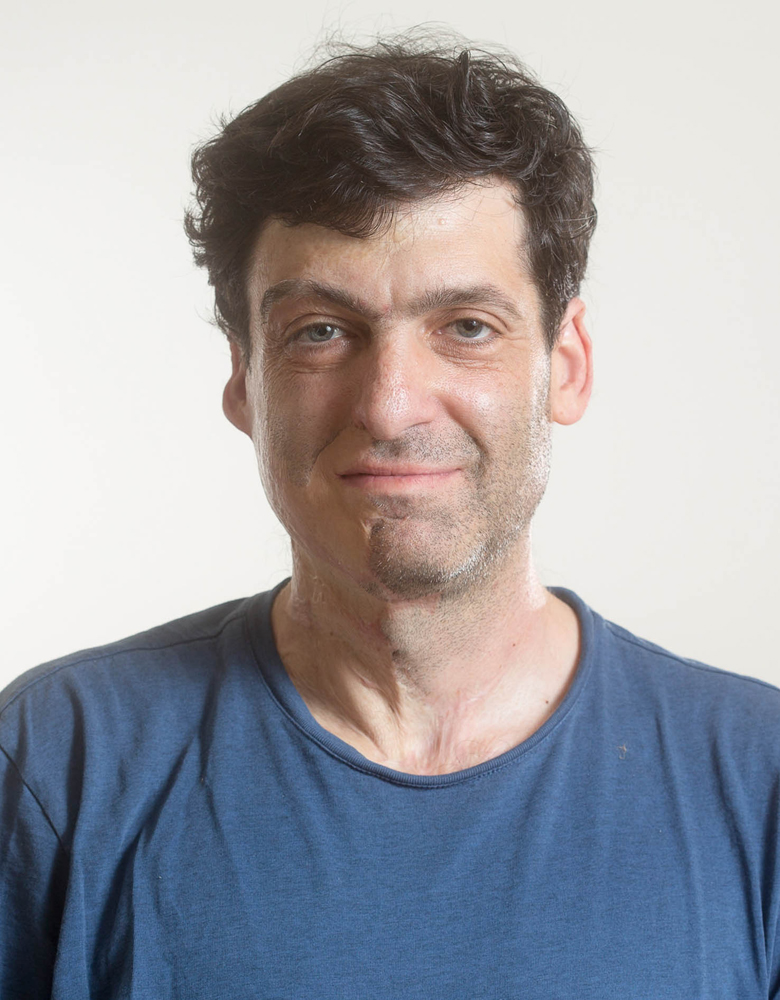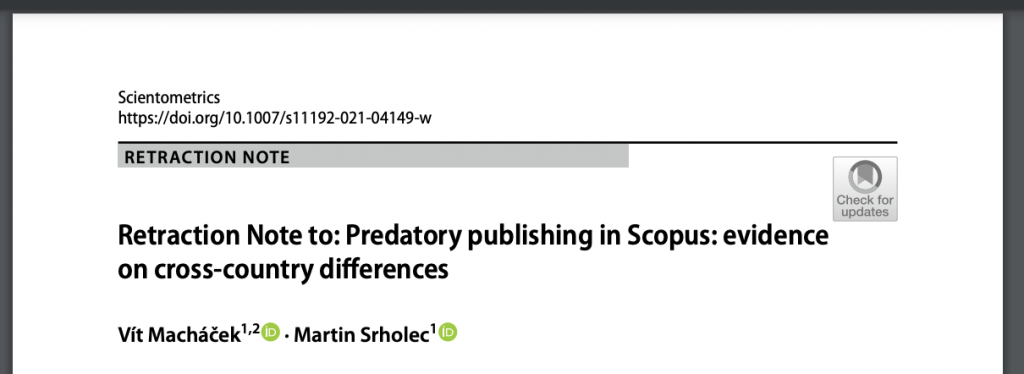A chemistry journal has retracted a 2014 paper by a group from China after the first author on the article copped to having Photoshopped a figure — marking the second retraction for members of the group in less than a week and the 14th for one of the authors.
The paper, “Polymer nanodots of graphitic carbon nitride as effective fluorescent probes for the detection of Fe3+ and Cu2+ ions,” appeared in Nanoscale and was written by a group with ties to Soochow University, Hefei University of Technology and the Chinese Academy of Sciences, in Beijing, and Yale University. The first author was Shouwei Zhang, whose name appears on at least seven papers flagged on PubPeer for problematic images.
The senior author was Xiangke Wang, whose tally of PubPeer entries is now at 76 and who now has 14 retractions. One of those, the 2013 article “Superior adsorption capacity of hierarchical iron oxide@magnesium silicate magnetic nanorods for fast removal of organic pollutants from aqueous solution,” was retracted from the Journal of Materials Chemistry A on September 13, with the following notice:
Continue reading Highly cited paper marks 14th retraction for Chinese Academy of Sciences researcher








